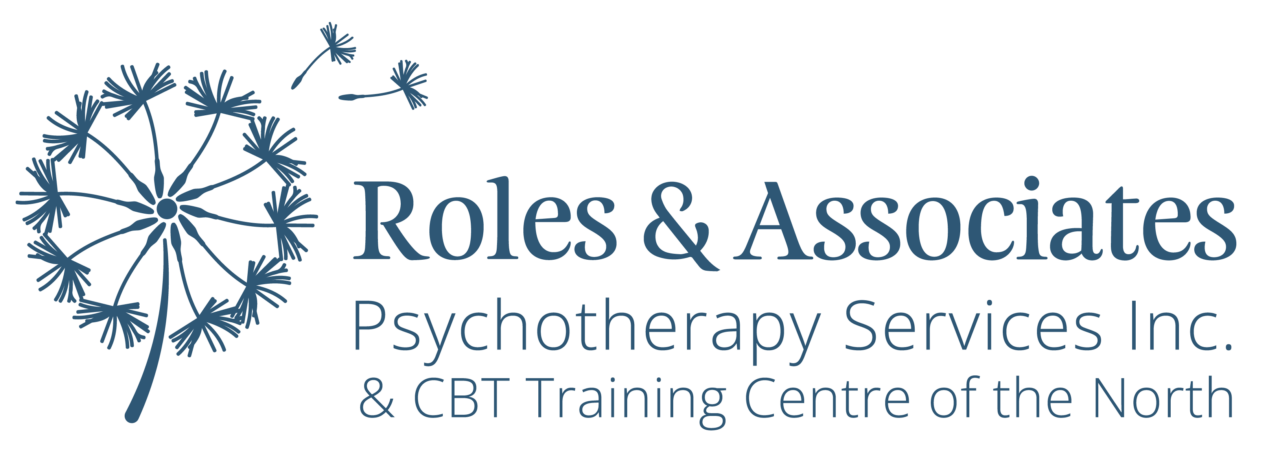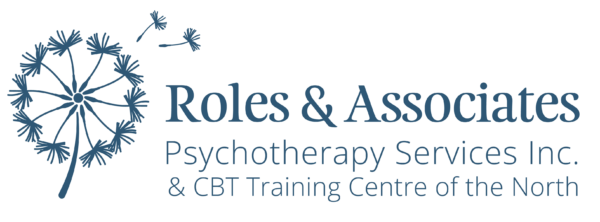Treating Children & Youth
Children and youth can experience a number of mental health challenges. From birth, they are learning from the environment around them and their life experiences and genetic makeup can have a direct impact on their social and emotional development.
Families and caregivers may notice behavioural or emotional dysregulation that may seem to be distressing for the child. These may include compulsions, obsessions, anxieties, depression and anger outbursts that are consistently prevalent or are atypical in nature. Adverse Childhood Events (ACES), for example, traumatic events experienced at an early age, can also impact a child’s ability to organize thoughts and regulate emotions in a healthy and productive manner. Childhood is an important part of development and the psychotherapists at Roles & Associates work to implement both preventative and intervention strategies.
In therapy, kids learn by doing. With younger kids, this often means using creative methods, as well as involving the child's family.
Play-based therapies help children to express themselves at a developmental period when they don’t necessarily have the capacity to communicate as well verbally. Through play, the therapist can model different actions and words that children can use to help them manage difficult emotions and situations. For older children and teens, therapists share activities and ideas that focus on learning the skills they need. They talk through their feelings and solve problems.

Approaches to Therapy Treating Children & Youth
We use the following types of psychotherapy to help treat children and youth.
Acceptance and commitment therapy (ACT) is an action-focused therapy approach where clients learn to accept their emotions and feelings rather than deny or avoid them. They also learn to accept their difficulties and needs as well as work on behavioural changes.
Cognitive behavioural therapy (CBT) is a goal-oriented type of therapy that teaches the client how to first recognize and then change unhealthy ways of thinking and behaving. With the use of in-session practice and homework of skills to work on between sessions, this treatment is tailored to fit the client's goals and is a highly evidence-based collaborative psychotherapy.
Compassion focused therapy (CFT) is a type of psychotherapy that encourages individuals to be compassionate toward others as well as themselves. This type of therapy is primarily used for clients that struggle with self-criticism and self-contempt. CFT often includes exercises to practice mindfulness and appreciation. Sessions focus on examining the ways we talk to ourselves, where we might have first developed the particular tone and word choices used, and how we can make changes to how we speak to ourselves to increase self-compassion and appreciation.
Dialectical behavioural therapy (DBT) is a type of cognitive therapy that is very structured, where clients are taught skills in the four domains of mindfulness, interpersonal effectiveness, emotion regulation, and distress tolerance. This works to support clients in changing their behaviours, thoughts, and process their feelings in healthier ways. This type of therapy is effective for individuals who want to improve their ability in regulating their emotions and was developed for people with borderline personality disorder and suicidal impulses. DBT requires consistent attendance and adherence to homework that is developed by both the client and therapist working together as a team.
It is the nature of the mind to be made up of subpersonalities or parts. Subpersonalities are aspects of our personality that interact internally, similar to the ways in which people interact. These sub-personalities can consist of wounded parts and painful emotions such as anger and shame. Underlying the parts is a person’s core or true Self. The Self can and should lead the individual's internal system.
Internal Family Systems (IFS) therapy helps individuals achieve balance and harmony within their internal system and subpersonalities/parts.
Using IFS, the clinician will support individuals in developing their Self so it can be an effective leader in their internal system. When the Self is in the lead, the parts will provide input to the Self and help to elevate “wounds” so that individuals can find their natural balance. IFS is suitable for individuals, couples, and families, and it can effectively treat a variety of conditions such as depression, anxiety, panic, phobias, trauma, substance use, physical health conditions, and general well-being.
As the name suggests, solution-focused brief therapy (SFBT) is a short-term goal-focused therapeutic approach largely geared towards discussing solutions. There is a brief need for discussion around the problem to examine what it is and explore potential opportunities to address it, but that is not the primary focus of this approach. This approach is rooted in the here and now, with an identified future-oriented goal involving lessening the negative impacts the identified problem has in your life.
The goal of SFBT is to collaboratively identify realistic solutions in as brief of a timeline as possible. SFBT is a versatile approach that can be used in areas such as individual, couples, or family therapy addressing anywhere from high stress life events to normal life stressors.
Contact Form
To request an appointment, please fill out your information using our secure form below and we will be in touch shortly. For more information, please contact us by phone or email: 705-929-1612 ext.6, [email protected].

